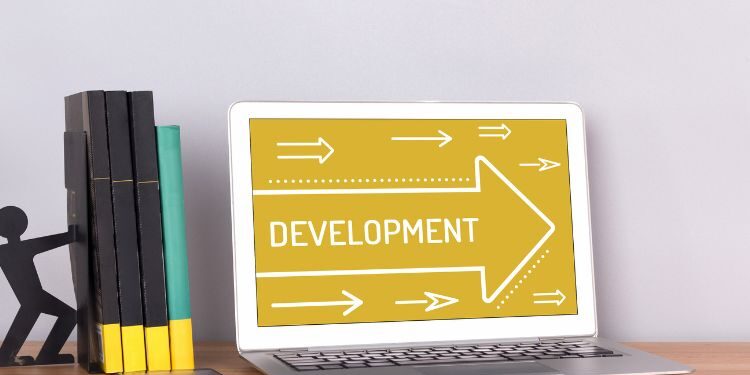Africa is home to 2000 languages, or even more, each one richly cultured, with diverse dialects unique to every language. There is a general assumption that African languages, because of their uniqueness and in their numbers, cannot be used to perform official duties in a country and thus are often categorized as national languages, used only for informal transactions and engagements. In their place, other languages, recognized internationally and assumed to be having the right lexicon and grammatical structures, are used as official languages and as languages of instruction in schools and by governments for formal transactions. Over the decades, there has been a revolution in this belief and many more African countries are encouraging the use of indigenous languages for transactions whether formal or informal. Africans are coming together in discussions over having a common language, relatable to all Africans that can be used as an official language as well as a language of instruction in schools.
African languages and sustainable development
“If you talk to a man in a language he understands it goes to his head but if you talk to him in his language it goes to his heart.” This famous but controversial quote by South Africa’s first president, Nelson Mandela, is the closest one can define what addressing someone in their indigenous language can mean to them. The language you choose to engage in with someone will dictate the kind of relationship the person will have with you.
At the just concluded African Languages Week 2023 conference, organized by Bolingo Consult and partners (The Lingua-Cultura Experience and MasterWord), panelists discussed how African indigenous languages can be better used to enable joint efforts in achieving the sustainable development goals. One of the key concerns raised was whether indigenous Africans understood the sustainable development goals or if they had even heard about it. This led to a discussion about the lack of wordings, especially scientific ones, that could be used in describing complex phenomena in the indigenous languages.
Through the discussion it was in fact discovered that creating words in indigenous African languages was not as complex as many thought. It was interesting to learn that even English constantly borrowed latin words and joined them together to create scientific words. A story was told of how Indians adopted an AI bot(Artificial Intelligence) built in the US to translate government documents into indigenous languages for the indigenous people to access government services like loans etc. But how would the cultural sovereignty associated with these indigenous languages be maintained while translating or interpreting the language?
Maintaining Cultural sovereignty in language translation and interpretation
The best place to start a journey of emancipating ourselves from the thoughts of language superiority is to stop thinking that speaking foreign languages and demeaning indigenous languages is a sign of intelligence. Infact, in the words of Frank Smith, “ One language sets you in a corridor for life. Two languages open every door along the way.” Speaking more than one language is what is defined as intelligence, no matter what those two languages are. This can be done through education by ensuring that the languages of instruction in schools are the indigenous languages of the people. This will not only preserve these languages but also create room for research into these languages because languages evolve over time.
Creating a data set through research is another way of ensuring cultural sovereignty while translating and interpreting languages. This data set, done with the involvement of both the linguists and the indigenous speakers of the language goes a long way in ensuring only the right thing goes on records. Any new developments can constantly be added in this data set. Through this, applications can be created that are easily used by everyone in need of these services.
Further into creating these data sets, especially for scientific words that are assumed not available in the African context, borrowing from other African languages instead of foreign languages like English, French, Portuguese etc should be encouraged. It is possible that another African language aside yours can have a concept for sustainable development or climate change or even a word for entomology. Unless we research about it we will assume it does not exist.
Conclusion
Scaling the Sustainable Development Goals through African Languages is not as complex as we have been made to believe. While concluding the African Languages Week Conference it was agreed that we are all key players in ensuring that African languages receive the recognition that they deserve. The best way to do this is to put a premium to the language. If you want to reach out to people you use the language they understand but if you want to work with these people and obtain results then you must speak in their indigenous language.
The agenda for reviving and restoring African languages is already in play and that’s why at Bolingo Consult, we don’t just publish in English but also in African languages. We have created the first website in the Akan language (www.akannews.com). It will be more profitable if other stakeholders, especially in the government, join the cause to unlock and restore the confidence in African languages.






